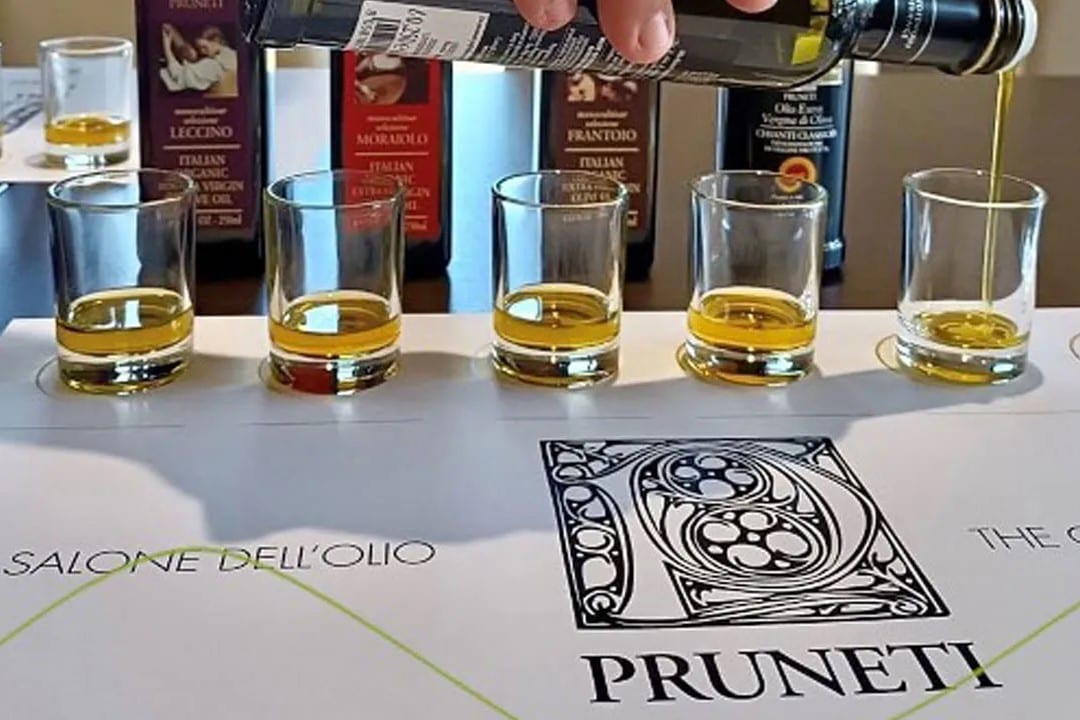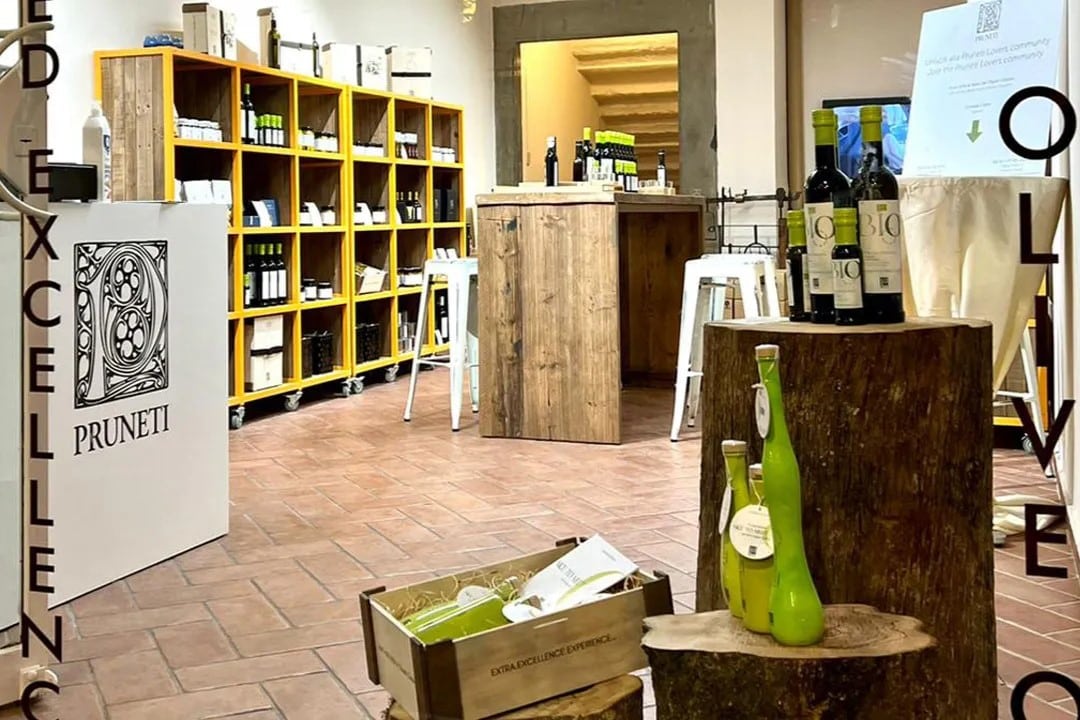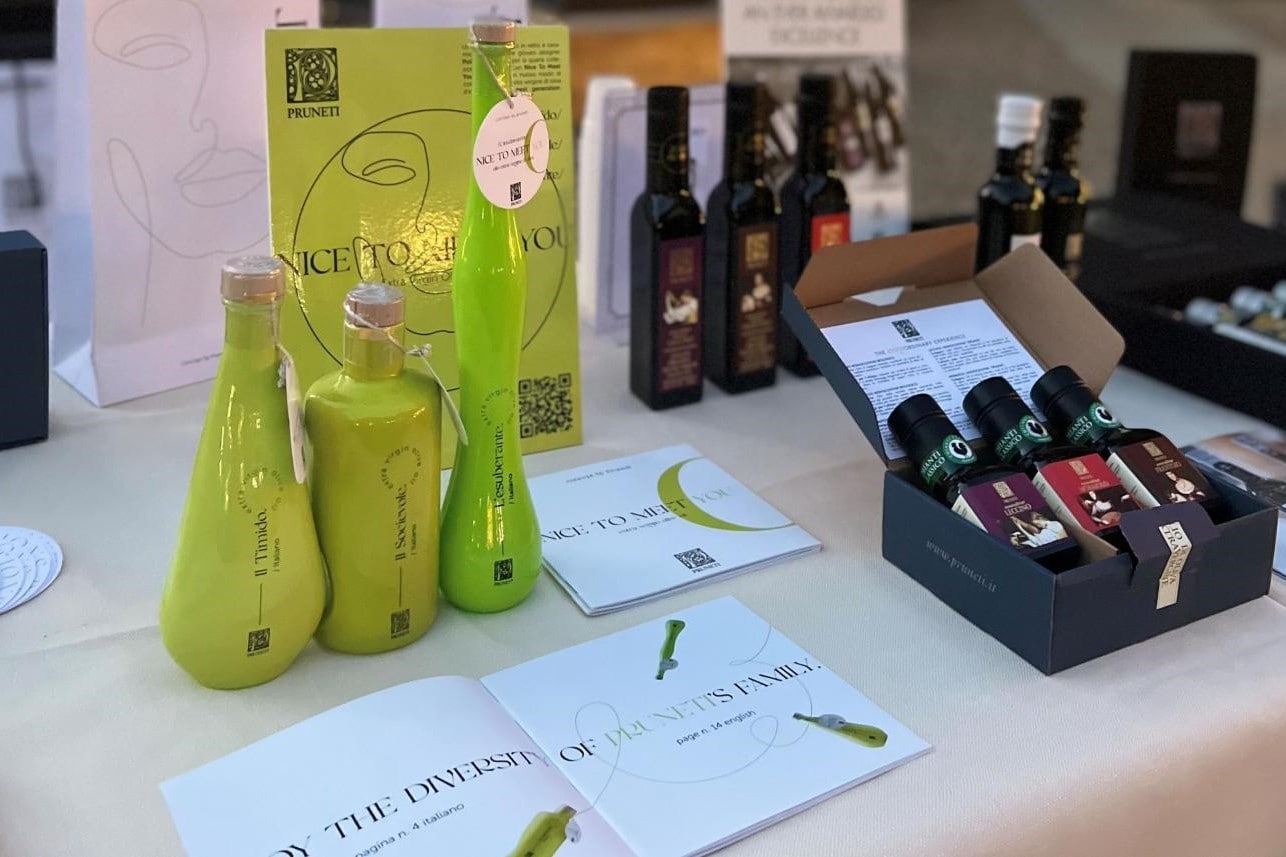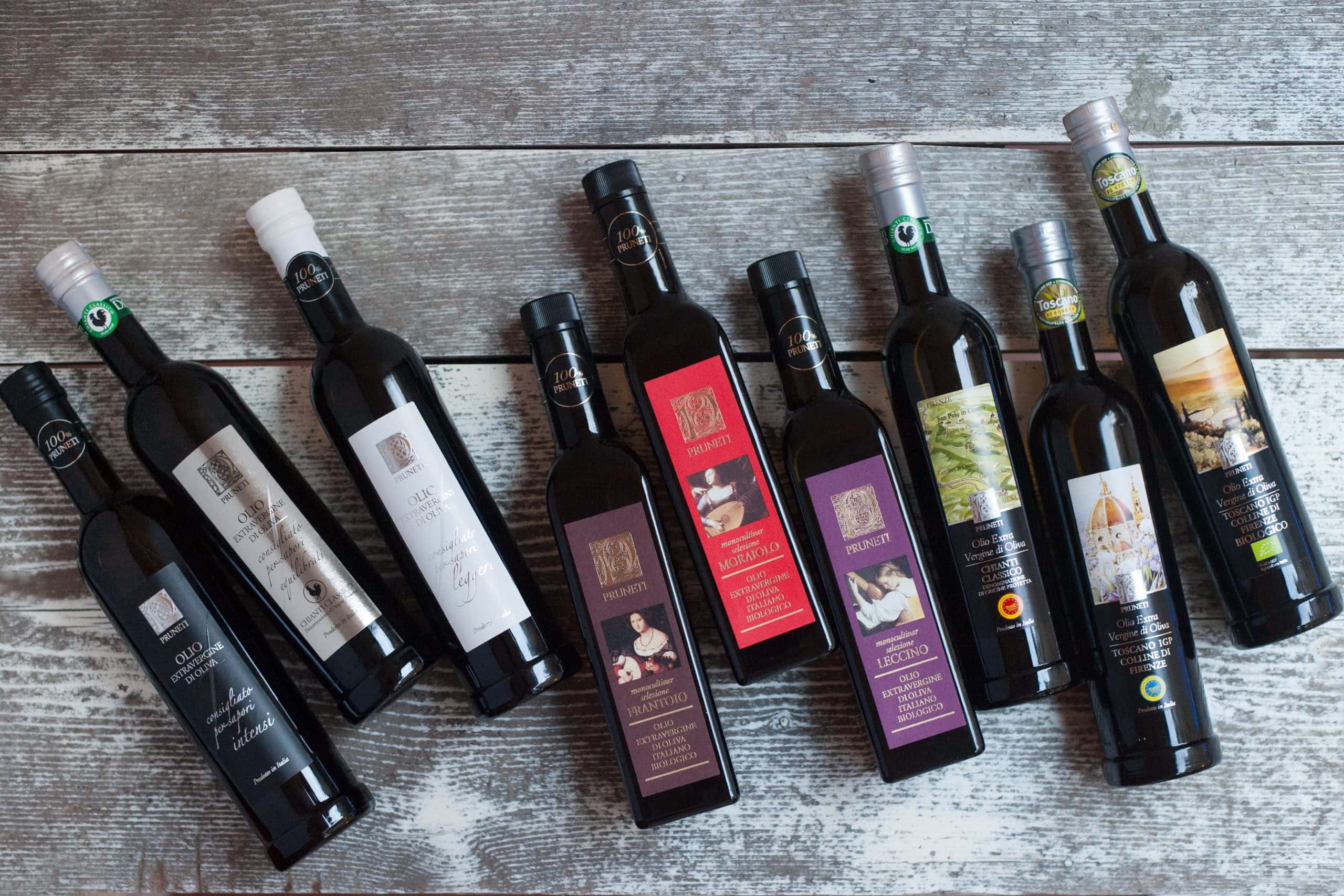Nestled in the picturesque landscapes of central Italy, Tuscany is renowned for its rich cultural heritage, breathtaking art, and delectable cuisine. Among its culinary treasures, olive oil stands out as a symbol of the region’s history and agricultural prowess. With its rolling hills covered in olive groves, Tuscany has been producing some of the finest olive oils in the world for centuries.
A Historical Legacy
The history of olive oil production in Tuscany dates back to ancient times. The Etruscans, the region’s earliest inhabitants, recognized the value of the olive tree and its fruits. They cultivated olives and pressed them to extract the precious oil, which served as a crucial ingredient in their diet and a basis for trade.
Throughout the centuries, olive oil remained an integral part of Tuscan life, gaining prominence during the Renaissance when the Medici family and other influential figures championed its cultivation. This legacy continues today as Tuscany preserves its tradition of producing high-quality olive oil.
Production Methods
Tuscan olive oil owes its exceptional flavor and quality to a combination of factors, including the region’s climate, soil, and traditional production methods. The olives are typically harvested in the autumn months when they are at their peak ripeness. Hand-picking is a common practice, ensuring that only the best olives are selected.
Tuscany is renowned for its commitment to quality over quantity. The region boasts a range of olive varieties, such as Frantoio, Leccino, and Moraiolo, each contributing distinct flavors to the final product. The traditional cold-pressing method is used to extract the oil, preserving its natural flavors and aromas.
Olive oil is more than just a condiment; it’s a testament to the rich history, culture, and craftsmanship of Tuscany.

An example of in-store tasting

Pruneti's Florence shop in Piazza del Limbo No. 2

Some Pruneti tasting box sets
Come and taste the most tasty olive oil that you have ever tasted.

